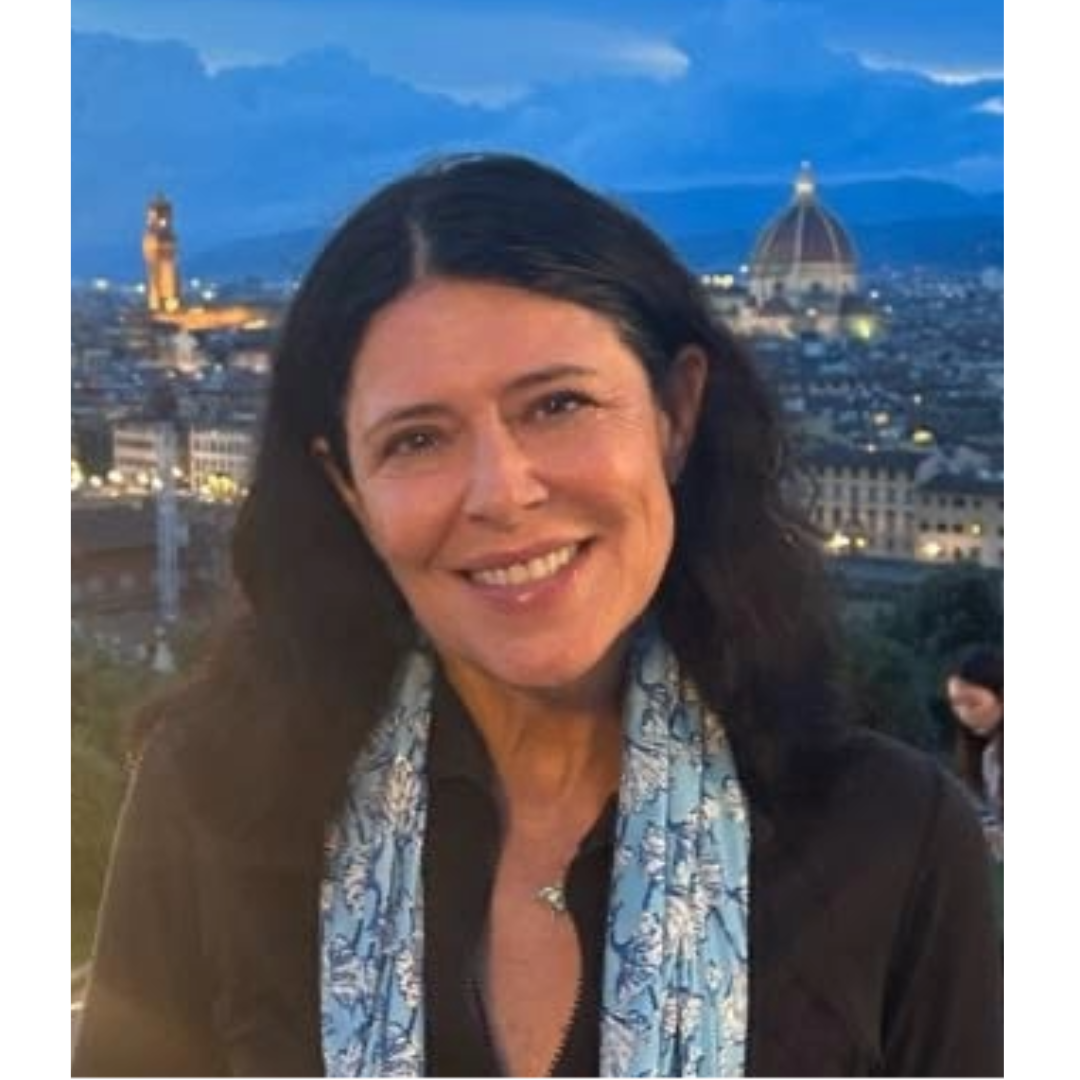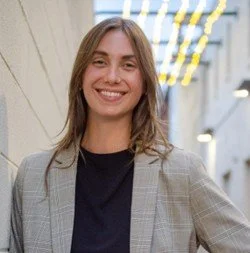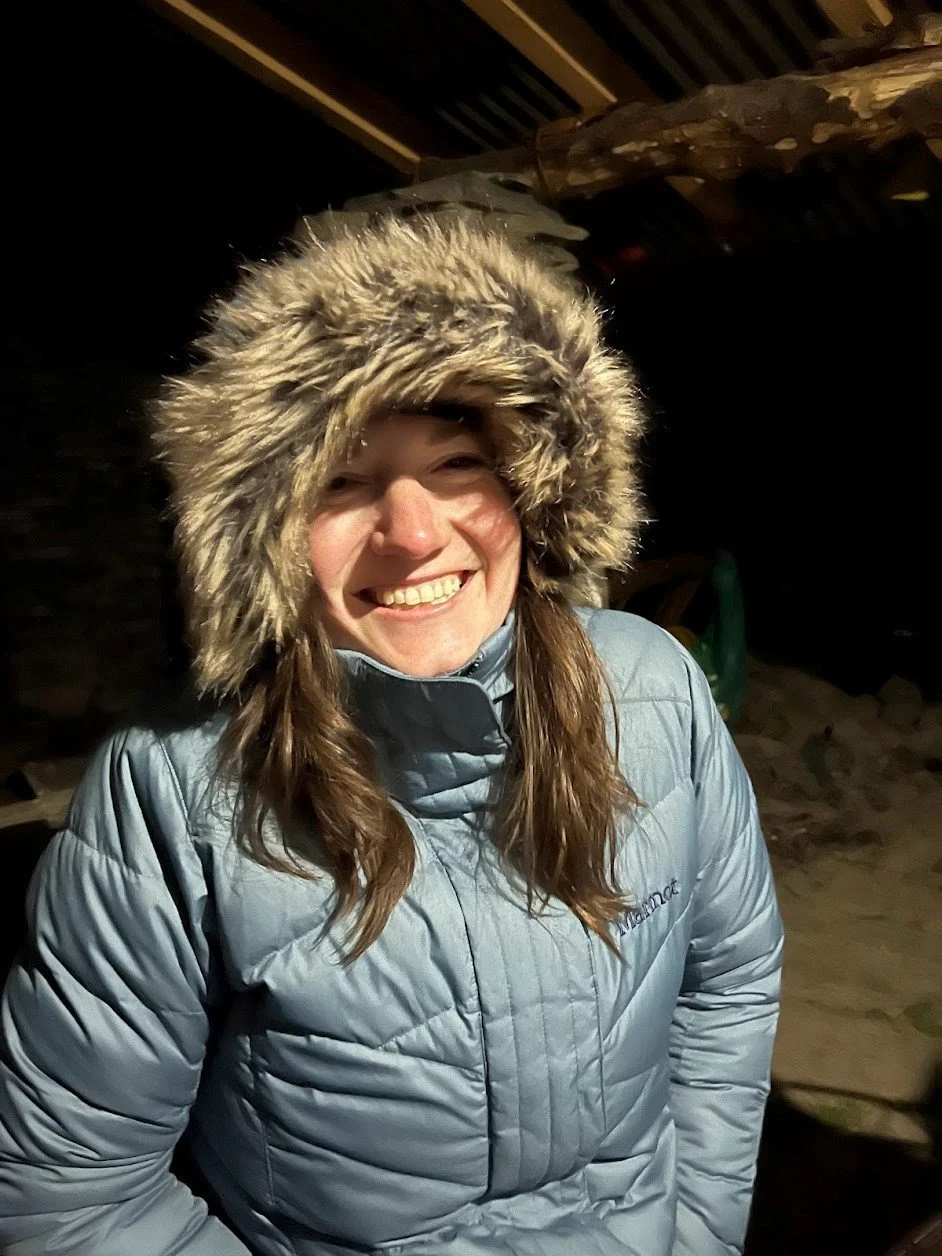Session 1: Water Quality
〰️
Session 1: Water Quality 〰️
-
Kelly Morgan is the Compliance & Enforcement Section Manager in the Water Quality Control Division at CDPHE. Kelly has 19 years of experience with clean water compliance and enforcement, with the past 9 years focused on staff management, setting strategic priorities and goals, and negotiating mutually beneficial resolutions to complex compliance problems. The Compliance & Enforcement Section is supporting the Regulation 87 rulemaking and is leading the Division’s efforts to establish a dredge and fill protection program in Colorado.
-
Annette Quill has been the Senior Policy Advisor for the Water Quality Control Division at CDPHE since January 2024. Annette began her legal career in 1997 clerking for the Colorado Supreme Court. For the next 25 years, she served as counsel for the Water Quality Control Division as an Assistant Attorney General. Her first project at CDPHE was to spearhead the drafting of House Bill 24-1379, which set up the nation’s first state dredge and fill program in response to the Sackett decision. She’s currently part of the team guiding the stakeholder efforts for the Regulation 87 rulemaking.
-
Tessa serves as the Stakeholder Engagement Specialist in the Communications & Special Projects Unit, where she communicate and engage stakeholders in policy, regulation, and technical discussions related to water quality protection. I am driven by a passion for collaboration and public engagement. Tessa enjoys working in communications because it allows me to bridge gaps between technical topics and public perception, helping to inform communities and ensuring their voices are part of the conversation. Before joining the division in July 2023, she graduated with an M.A. in Political Science at Colorado State University (CSU), with an emphasis on Environmental Politics and Policy and American Politics and Government. Her graduate research explored collaboration within watershed partnership programs, providing programmatic recommendations to improve collaborative design. During her graduate program, Tessa worked as a Watershed Planning Intern at Denver Water, where she supported various watershed partnership programs. Tessa is also trained as a facilitator through the Center for Public Deliberation at CSU. Outside of work, Tessa loves traveling with friends and family, spending time with Tuna, her sweet 12-year-old pitbull, gardening, and enjoying any outdoor activities.
-
Investing in source water protection efforts, rather than relying on water treatment alone, has long been a priority for the City of Boulder. Today’s presentation focuses on the outcomes to-date of a novel partnership between Boulder and the Town of Nederland to reduce wastewater impacts to Barker Reservoir, which provides one-third of Boulder’s water supply. Through the agreement, Boulder contributed initial capital funding for phosphorus removal at Nederland’s wastewater treatment facility and ongoing annual reimbursement for continued phosphorus treatment. The partnership has been successful on many levels, and now with 11 years of data to evaluate, we can assess effectiveness in improving reservoir water quality. Analyses of reservoir water quality data show a significant reduction in nutrient concentrations; however, chlorophyll-a concentrations remain consistent (albeit, fairly low). As reservoir temperatures increase and the reservoir’s ice season decreases, the communities are faced with a challenging question: How do you evaluate the success of source water protection measures in the face of climate change?
The first half of this presentation will explore reservoir water quality and climate data before and after the agreement and how the partnership allows both communities to adapt in uncertain times. The second part of the presentation will use this example as a foundation for an open forum discussion on how entities can evaluate source water protection projects amidst changing climatic conditions for forward-thinking watershed management.
-
Maggie Spangler is a Water Quality Engineer in the Drinking Water Group at the City of Boulder. She performs data analysis, modeling, and program management for water treatment, distribution, and source protection, working across disciplines to gain a better understanding of the challenges facing drinking water utilities. Maggie earned her Bachelor’s in Biological Systems Engineering at Kansas State University and her Master’s in Civil Engineering with a Water Resources emphasis at the University of Colorado-Boulder. When Maggie is not learning how to craft the perfect glass of water, she can be found outside, either riding her bike or running in the foothills.




